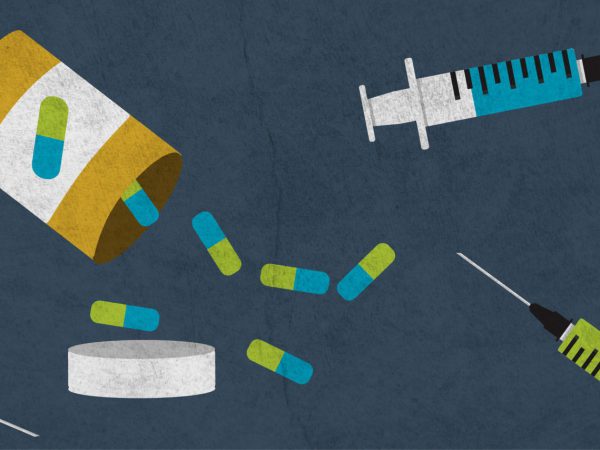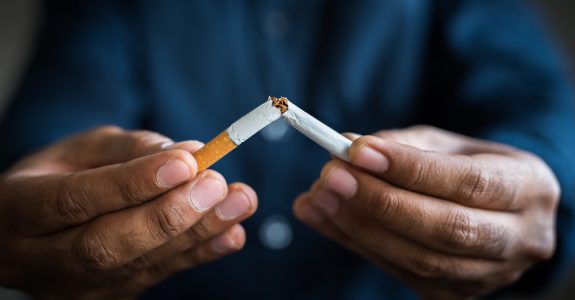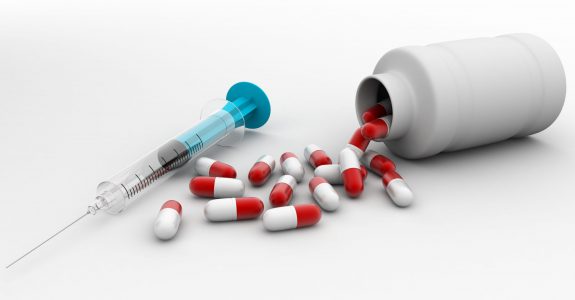Claire Fiddian-Green is the President & CEO of the Richard M. Fairbanks Foundation.
It’s back-to-school season again. Parents and other caregivers are focused on ensuring their children start the year off successfully – encouraging everything from good studying and homework habits to participation on athletic teams or in other extracurricular activities. But are we focusing enough attention on our children’s safety, especially when it comes to alcohol, tobacco, and other drugs – including access to prescription medications?
A recent study published in JAMA Surgery found that 67% to 92% of adult patients who are prescribed opioid painkillers following surgery do not take all of their medication and do not dispose of or store unused pills safely. Why does this matter? Because unsafe storage and disposal translates directly into a supply of prescription opioids that can be easily accessed and misused by children and other adults, potentially leading to accidental drug overdoses and death.
Prescription drug overdoses can happen to anyone, anywhere, at any time. In fact, fatalities from drug overdoses in Indiana surpassed motor vehicle deaths in 2008. And provisional data show that as many as 1,271 Hoosiers died from drug overdoses in 2016. One pathway to this tragic statistic is easy access to prescription medications, which were legally prescribed for one person, but consumed by someone else.
What can parents, grandparents, and other caregivers who are in close contact with children do to address this problem? First, lock up all prescription medications in your home or workplace – especially opiates like Codeine and Oxycodone. Second, talk with your children or grandchildren about the dangers of taking pills that haven’t been prescribed for them by their doctor. And third, partner with local law enforcement to arrange a Take Back Event at your local school, community center or workplace. At these events, people may bring in their unused prescription drugs for safe disposal. The U.S. Department of Justice Drug Enforcement Administration (DEA) provides guidelines for organizing Take Back Events on its website, and also holds two annual National Prescription Drug Take Back Days twice each year. The next DEA-sponsored event is scheduled for October 28, 2017.
Let’s work together to help all children have a healthy, safe and successful school year in Indiana. After all, the best way to avoid a tragedy is to prevent it from happening in the first place.



